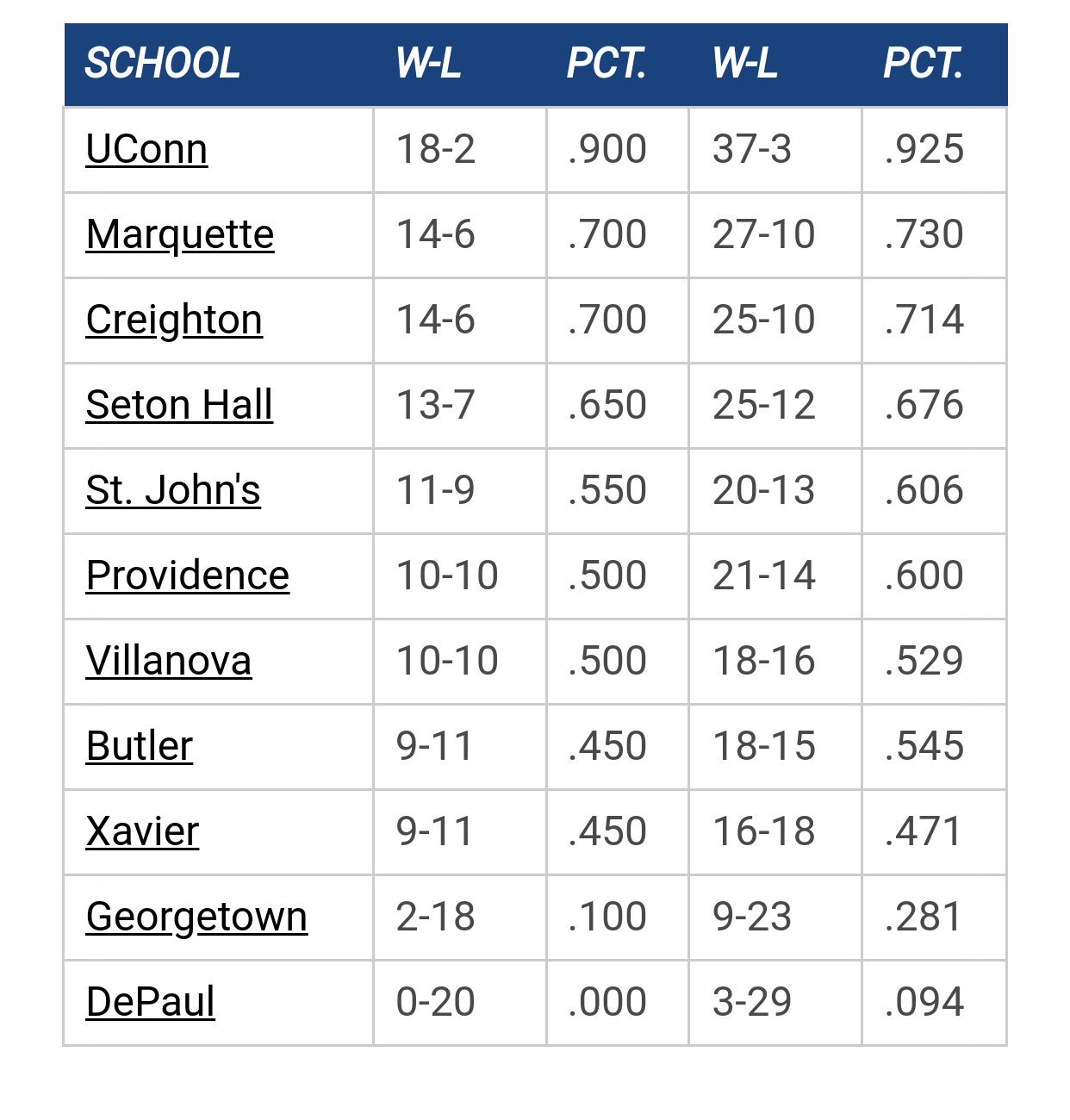- Welcome to MUScoop.
2025-26 College Hoops Thread by MuggsyB
[Today at 10:39:32 PM]
Recruiting as of 1/15/26 by WhiteTrash
[Today at 10:36:02 PM]
2026 Transfer Portal Wishlist by Vander Blue Man Group
[Today at 10:25:08 PM]
[Cracked Sidewalks] 1 in 14,000,605 by dgies9156
[Today at 09:56:54 PM]
2025-26 Big East Thread by Jay Bee
[Today at 09:37:53 PM]
Really Good Day for the Future of Marquette Basketball by Viper
[Today at 08:22:24 PM]
Can this team win 4 in a row at the Garden? by MarquetteMike1977
[Today at 07:06:16 PM]
[Today at 10:39:32 PM]
Recruiting as of 1/15/26 by WhiteTrash
[Today at 10:36:02 PM]
2026 Transfer Portal Wishlist by Vander Blue Man Group
[Today at 10:25:08 PM]
[Cracked Sidewalks] 1 in 14,000,605 by dgies9156
[Today at 09:56:54 PM]
2025-26 Big East Thread by Jay Bee
[Today at 09:37:53 PM]
Really Good Day for the Future of Marquette Basketball by Viper
[Today at 08:22:24 PM]
Can this team win 4 in a row at the Garden? by MarquetteMike1977
[Today at 07:06:16 PM]
The absolute only thing required for this FREE registration is a valid e-mail address. We keep all your information confidential and will NEVER give or sell it to anyone else.
Login to get rid of this box (and ads) , or signup NOW!
St. John's Date/Time: Feb 18, 2026, 8:00pm TV: TNT Schedule for 2025-26 |
||||||
User actions


